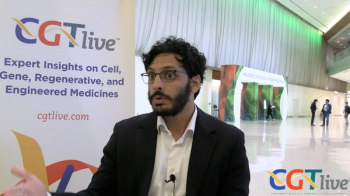
The transplant physician at St. David's South Austin Medical Center of the Sarah Cannon Transplant and Cell Therapy Network discussed a real-world study comparing bendamustine against fludarabine and cyclophosphamide.

The transplant physician at St. David's South Austin Medical Center of the Sarah Cannon Transplant and Cell Therapy Network discussed a real-world study comparing bendamustine against fludarabine and cyclophosphamide.
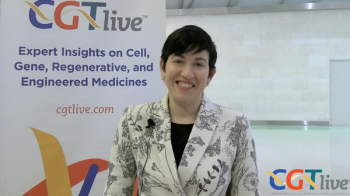
The associate professor of pediatrics at Emory University also discussed the need to empower patients and families to make their own treatment decisions.
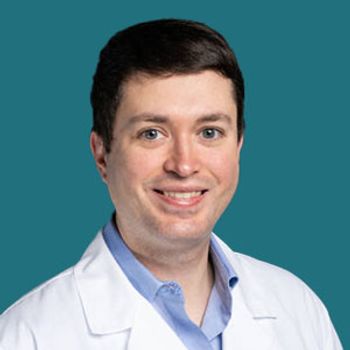
John Ligon, MD, an assistant professor in the department of pediatrics at the University of Florida College of Medicine, discussed his view of the main priorities for research in this area.
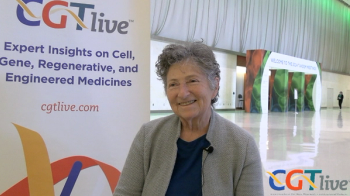
The endowed chair in cellular and molecular medicine at Boston Children’s Hospital discussed the rapid advancements in RNA-based treatments in the past 2 decades and potential advancements that remain on the horizon.

John Ligon, MD, an assistant professor in the department of pediatrics at the University of Florida College of Medicine, discussed his team’s early findings on CAR-T and fertility from CIBMTR centers.
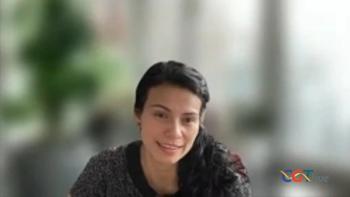
The Assistant Professor of Medicine at Weill Cornell Medical College discussed Orca-T cell therapy and next steps assessing it.
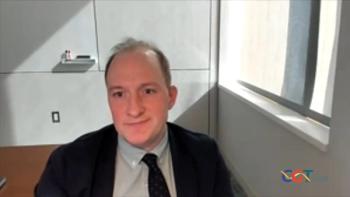
The assistant attending physician and bone marrow transplant specialist at Memorial Sloan Kettering Cancer Center discussed updated data on GDA-201 plus rituximab.
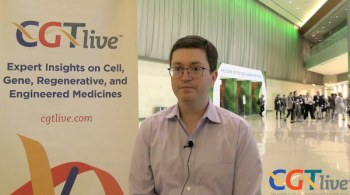
The assistant professor in the department of pediatrics at the University of Florida College of Medicine discussed also discussed the need to set standard guidelines regarding potential fertility issues for CAR-T treatment.
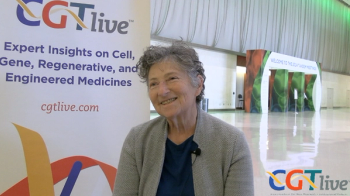
The endowed chair in cellular and molecular medicine at Boston Children’s Hospital discussed past, present, and potential future applications of siRNA in the treatment of various diseases.
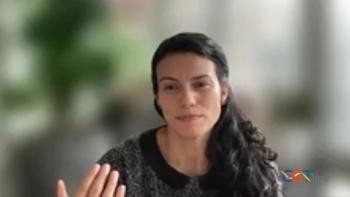
The Assistant Professor of Medicine at Weill Cornell Medical College shared the background rationale of her retrospective analysis presented at Tandem 2024.
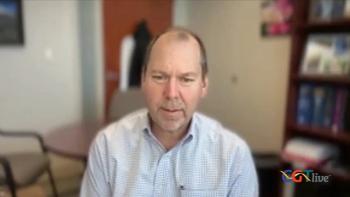
The professor of medicine at Duke Cancer Institute discussed findings from an early access program of the therapy, recently approved as Omisirge.
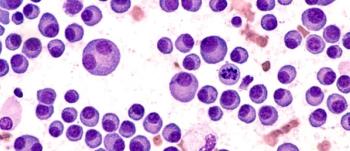
The long-term data comes from 2 cohorts in the phase 2 CARTITUDE-2 clinical trial.
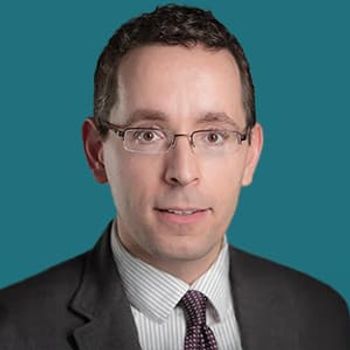
The expanded donor Treg clones maintained lineage fidelity and were persistent through 1 year post-HCT.
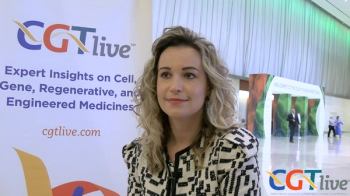
The hematology coordinator for pharmacy at Froedtert and the Medical College of Wisconsin discussed the advantages of each of the 2 modalities in the third and second line settings.
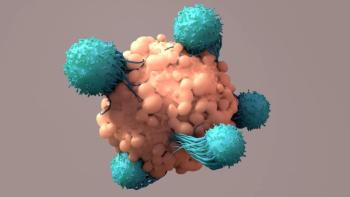
The data comes from an expanded access protocol (EAP; JCAR017-EAP-001) that included 96 patients in total who were treated with the nonconforming product.
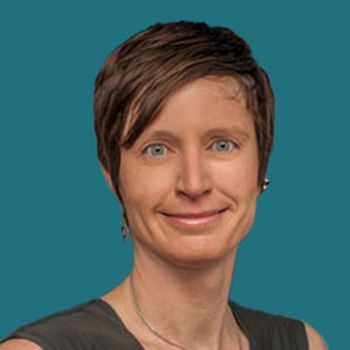
Juliane Gust, MD, PhD, an assistant professor of neurology at University of Washington, Seattle Children's, discussed a study that is currently underway via the NIH’s CARnation Consortium that will seek to address this gap in knowledge.
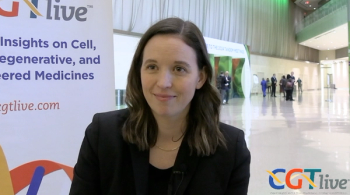
The transplant infectious diseases physician at Dana-Farber Cancer Institute discussed a case study she presented at the 2024 Tandem Meetings.
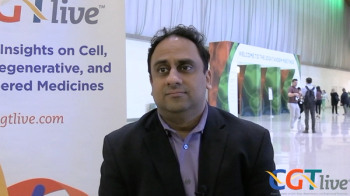
The associate professor of medicine at Medical College of Wisconsin discussed clinical results from patients with CLL and Richter’s transformation treated with CD19/CD20-targeted CAR-T LV20.19.
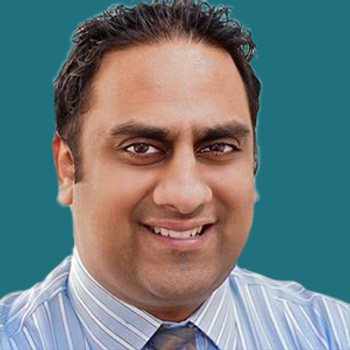
Going forward, the dose for patients with CLL has been reduced to 1x106 cells/kg.
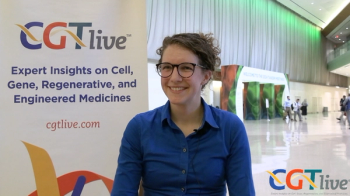
The pediatric oncology pharmacist at Mayo Clinic discussed the incorporation of the recently FDA-approved gene therapies for SCD and TDT into the work of pharmacists.
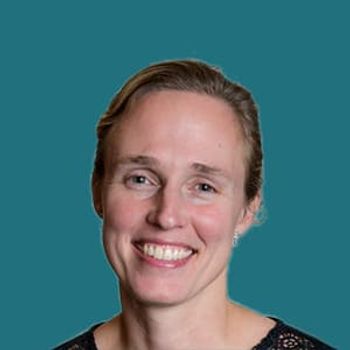
Beleaguered company AlloVir has shut down the program before moving on to phase 2.
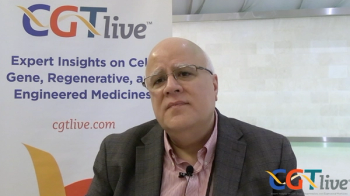
The medical director of Pediatric Hematology/Oncology at Sarah Cannon Research Institute discussed the pros and cons of potentially curative treatment options for SCD.
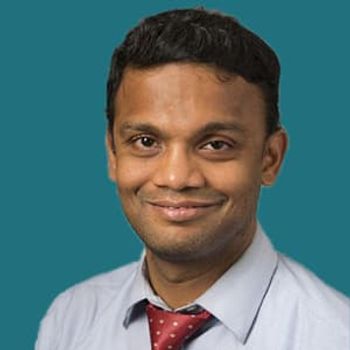
Differences between IEC and non-IEC post-relapse outcomes showed some significance in PFS but not in ORR.
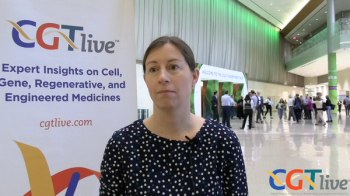
The physician from St. Jude Children’s Research Hospital discussed the importance of involvement from patients and families while researching the long-term impact of CAR-T.
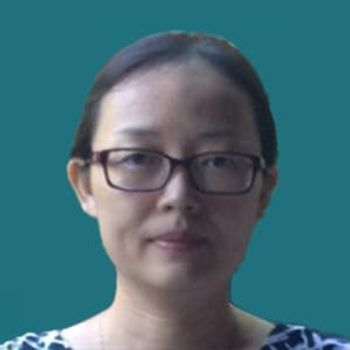
The researchers are continuing to investigate in vivo efficacy to pave the way to IND-enabling studies.
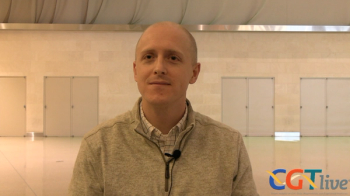
The assistant clinical director of the Center for Gene and Cellular Immunotherapy at Washington University in St. Louis discussed Atara Biotherapeutics' tabelecleucel and AlloVir’s posoleucel.
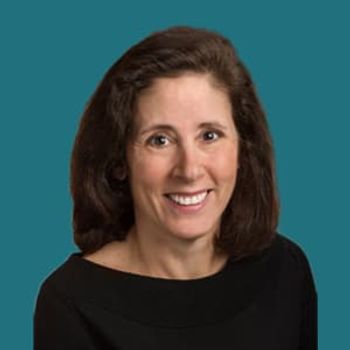
Patients with high bone marrow burden and CNS/non-CNS EMD were found to experience the worst OS and EFS outcomes.
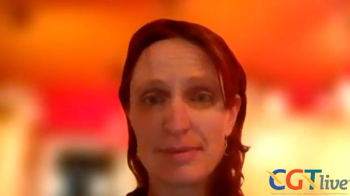
The assistant professor of neurology at University of Washington, Seattle Children's discussed efforts to address a gap in knowledge in the long-term effects of CAR-T, if any, on children’s neurological development.
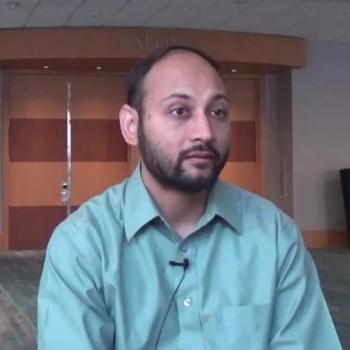
The assistant professor of medicine at Vanderbilt University Medical Center discussed the work that has been done in the field in the past 10 years and work that still remains to be done.
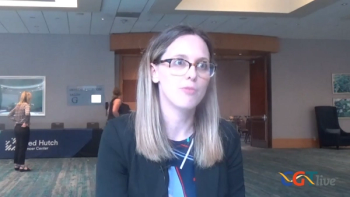
The locum consultant of pediatric BMT and leukemia at Royal Manchester Children’s Hospital discussed the center’s experience in delivering the approved gene therapy to children with MLD.